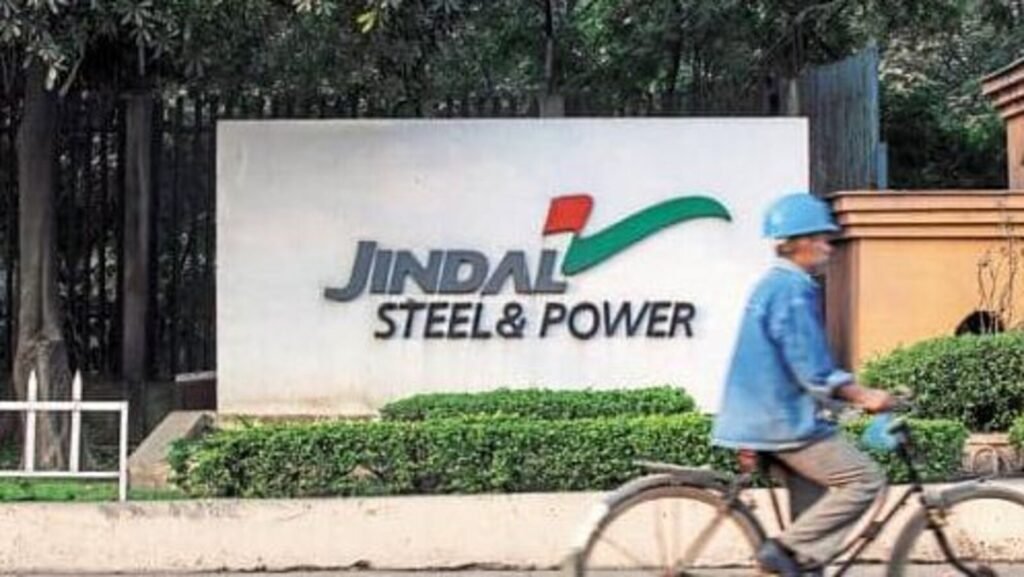Jindal Steel investors’ worries go beyond disappointing Q2

Investors in Jindal Steel & Power Ltd stock have more to worry about than just the forgettable September quarter (Q2FY24) results. The chief problem areas are further delays in capacity expansion and a rise in capital expenditure (capex) guidance.

View Full Image
Jindal now expects the commissioning of key projects such as blast furnace plant and basic oxygen furnace plant to be completed by FY25 end. Recall that in Q1, it had pushed the commissioning schedule to Q2FY25 from Q3FY24. The postponement of capacity expansion timeline is likely to weigh on volume in the medium term. In this backdrop, Kotak Institutional Equities has slashed its volume estimates by 10% and 12% for FY25 and FY26, respectively.
Small wonder, Jindal’s shares have dropped by nearly 8% on Wednesday. It goes without saying that further delays in projects would dampen investor sentiment. With this, Jindal’s shares are about 19% lower than their 52-week highs of ₹722.80 apiece seen in September.
That said, the commissioning of hot strip mill capacity in Q3 should bring some comfort on the volume front and product mix. In Q2, steel sales volume was two million tonnes, up by 9% sequentially but flat year-on-year.
Capex requirements have inched up. Jindal now expects capex over FY22-FY26 to be ₹31,000 crore compared to the earlier guidance of ₹24,000 crore. The incremental spending is directed towards changes in plant configuration and capex for coal mines. Sure, the ongoing capex would mean more value-added products in Jindal’s portfolio. But, “Extension in capex timeline along with an increase in cash outflow will continue to put pressure on the cash flow,” said analysts at Motilal Oswal Financial Services in a report on 31 October. On the brighter side, the ramp up in Jindal’s captive coal mine bodes well for margin from a long-term perspective. The Gare Palma coal mine started production in Q3 and Utkal C is also expected to begin this quarter. Kotak analysts estimate that this could reduce Jindal’s cost by about ₹1,000 per tonne of steel on full ramp up. Also, the start of the slurry pipeline would enable cost savings on transport. Having said that, Jindal expects coking coal costs to rise by $50-60 per tonne sequentially in Q3. Sure, steel prices firmed up towards Q2 end, but whether they sustain needs to be seen. In Q2, the fall in realizations more than offset the benefit from lower coking coal costs leading to a sequential drop in standalone Ebitda per tonne of 23% to ₹11,160, lower than Street expectations.
Given this, near-term catalysts for the Jindal stock appear few and far between.
